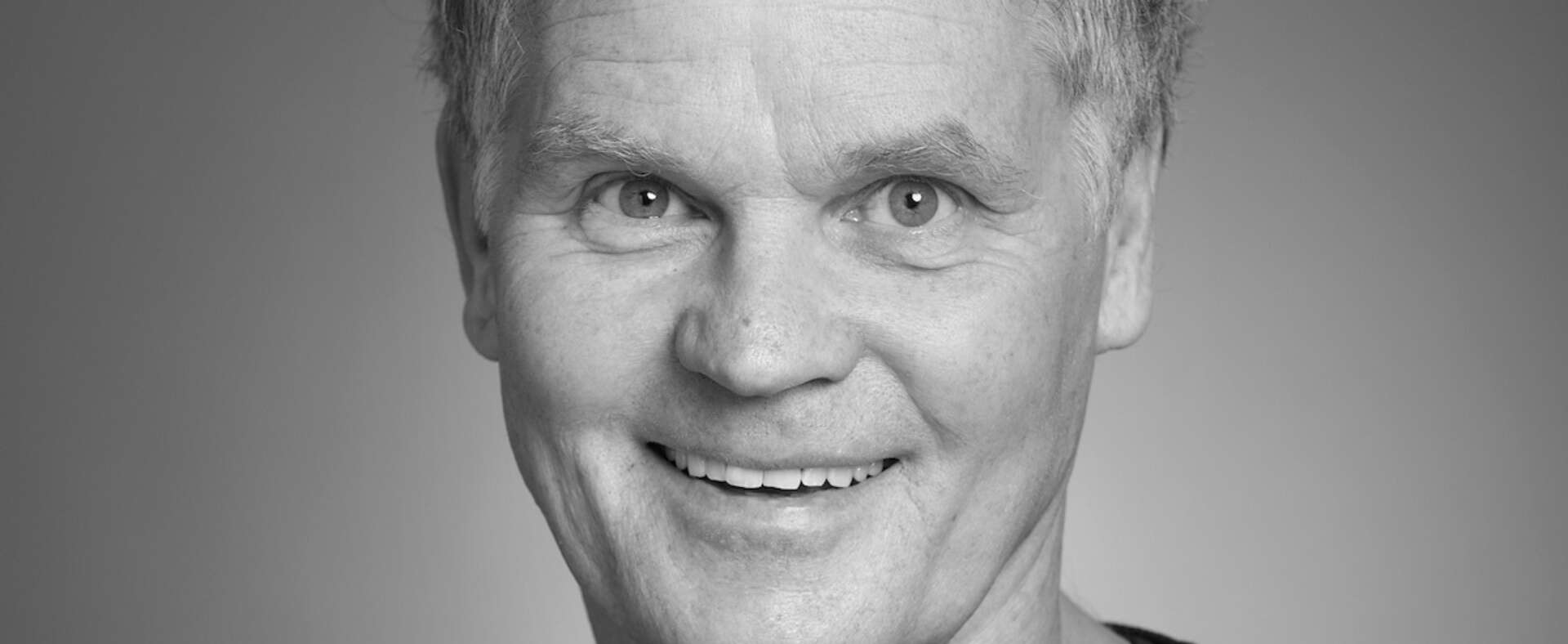WRITTEN BY: Annika Pham
Freshly promoted Head of Scripted, EMEA for French-headquartered leading indie group Banijay, the senior Swedish executive discusses his new role.

Freshly promoted Head of Scripted, EMEA for French-headquartered leading indie group Banijay, the senior Swedish executive discusses his new role.
Lars Blomgren, the former managing director of Endemol Shine Group’s Swedish production outfit Filmlance International (Caliphate, Beck, The Sandhamn Murders, The Bridge among others) has secured the coveted position of Head of Scripted EMEA for Banijay, the largest non-US independent group, home to more than 120 companies across 22 countries.
He brings with him his savoir-faire in expanding the global market for foreign-language scripted content, an experience fine-tuned over the last two years at Banijay’s recently acquired Endemol Shine Group (ESG), where he occupied a similar position.
Reporting directly to Banijay CEO Marco Bassetti, Blomgren’s task is now to drive collaborations across the non-English language footprint, and to initiate co-productions between English-speaking markets and the group’s labels in the Nordics, Germany, Benelux, Belgium, France, Spain/Portugal, Italy, Israel, Poland, Russia and India.
Bassetti said: “Lars is a great addition to our evolving global team. Having been at the forefront of the non-English language scripted operations at ESG, he is well-versed in building partnerships and maximising on investments in this arena and now, with an even broader portfolio of businesses, there is no doubt he can further develop our offering of high-quality content with cross-border appeal.”
We spoke to Lars Blomgren.
Having held a similar position at Endemol Shine Group since 2018, what major changes have you witnessed in non-English language scripted content?
Lars Blomgren: The most obvious one is the acceptance of subtitles and the fact that global hits can come from everywhere now. On the creative side, there is a true respect for talents, creatives outside the English language territories. This is a big change.
Also, a whole new generation of writers, directors are emerging - with some fabulous ones from the UK.
While the older established creators are used to another market and their time to market is not as fast, younger talents are adapting very quickly and bringing amazing content.
On the financing side, the traditional co-production model, especially in Northern Europe - is being challenged. Today, broadcasters do all kind of alliances, including with streamers. I can see that some production companies struggle with the final 10% of the budget. We know that the only thing that does travel is the high-end. The challenge today is to create projects that are good enough, while struggling with the financing.
How does the Nordic region rate these days on a global level? Are we still in the top league of scripted drama providers?
LB: Definitely. The crime wave is still there, but we can see that we’re taking a new direction, opening up to wider ideas and new topics. The respect for Nordic content is going up everywhere. From a business point of view, the numbers you get from Scandi shows are excellent, on the same level as the bigger territories in the rest of Europe.
What partnerships have you been able to create between Nordic brands/producers and other EMEA countries?
LB: That’s perhaps the best part of my job-to find stories with a potential outside the local country. However, it’s difficult for me to mention specific projects as we have many production companies in each Nordic country, and we don’t talk about slates. The companies are in silos, we give them support, but they have to compete on the market. However, I can mention that we have projects in development between Sweden and Israel, Sweden and the UK.
What is interesting is that the UK is opening up to co-productions. We have several projects in development between Sweden/UK, Spain/UK, India/UK for example. They co-produce both in foreign and English language, as long as the choice of language is organic.
On the remake market, we have learned a lot from our experience with The Bridge, in terms of logistics, translating the scripts etc.
How many versions of The Bridge have you created so far?
LB: We’re working on version number 9, and the brand is still very active.
What crucial elements do you need to do a remake?
LB: In a dream world, we look for shows that are unique, stories where the setting is strong enough and structure is strong enough that even if you adapt it locally, you can keep the show’s DNA. This is the main thing. But you always have to do it with a lot of respect for the original creators. We spend a long time evaluating every show.
Are you also looking for original productions outside Banijay?
LB: Right now, I’m really excited to see how Banijay works, what we share within the group. There are so many perspectives, but the most important is to maximise the group’s own huge potential. If they have fantastic properties like The Bridge, I will be delighted to develop them inside the group, using collaborations with our own companies.
Can you tell a few words about the HBO upcoming shows Beartown [premiering October 18] based on Fredrik Backman’s book, and the remake of Scenes from a Marriage from showrunner Hagai Levi, that you’re producing for Media Res and Endeavor?
LB: They are both very high-end. It was a true joy to follow the making of Beartown at Filmlance. HBO was the perfect destination and partner to lean on. Producers Bonnie [Skoog Feeney] and Mattias [Arehn] did a fantastic job. You will love it!
With Scenes from a Marriage, Hagai [writer/director] always wanted to do it with HBO who had his show In Treatment. They have a great relationship and access to the best talent [Michelle Williams and Oscar Isaac will reprise the roles played by Liv Ullmann and Erland Josephson in Ingmar Bergman’s 1973 classic]. We’re ready to shoot in New York, with exec producer Daniel Bergman. It’s just annoying that I can’t be there because of Covid-19!”